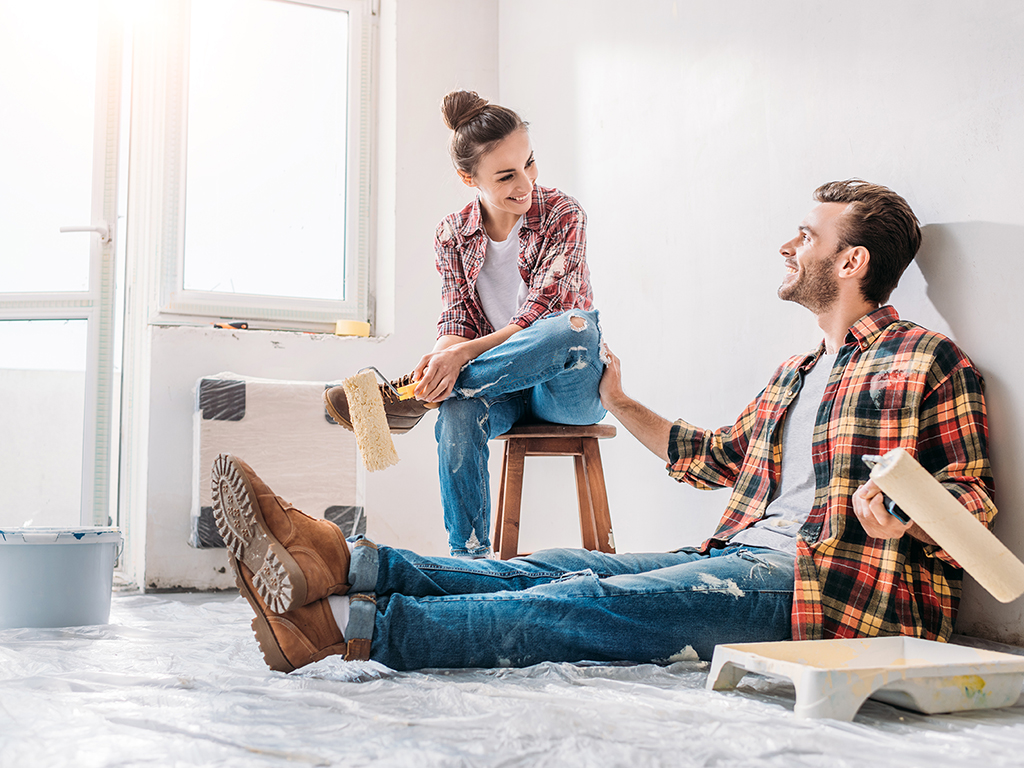Introduction:
Embarking on DIY home improvement projects can be a thrilling journey, offering the promise of enhancing your home’s aesthetic and functionality while potentially increasing its market value. However, the path is fraught with pitfalls that can transform what should be a rewarding endeavour into a costly and time-consuming nightmare. For homeowners and real estate agents aiming to prepare a property for sale, or simply to make a space more livable, awareness of common DIY missteps is crucial. This article delves into seven cardinal mistakes to steer clear of, ensuring your DIY projects enhance rather than detract from your home’s appeal and value.
Avoid These Common DIY Home Improvement Mistakes
Overestimating Your Abilities
Diving into a project with enthusiasm is commendable, yet overconfidence in one’s DIY skills can lead to subpar results or even safety hazards. It’s essential to realistically assess your capabilities and know when to call in professionals for more complex tasks.
Neglecting the Planning Phase
Every successful project begins with meticulous planning. Skipping the preparation phase, from budgeting to measuring, can result in project delays, unexpected costs, and outcomes that fall short of your vision.
Ignoring Local Building Codes and Permits
Many homeowners plunge into renovations unaware of the legal requirements involved. Failing to adhere to local building codes or secure necessary permits can result in fines, legal issues, and problems when trying to sell your home.
Choosing the Cheapest Materials
While budget constraints are a reality for many, opting for the lowest-priced materials can compromise the quality and durability of your improvements. Investing in better-quality materials can save money in the long run by reducing the need for repairs or replacements.
Underestimating the Importance of Proper Tools
The right tools can make a significant difference in the ease and quality of DIY projects. Using inappropriate or substandard tools not only hampers your work but can also pose safety risks.
Overlooking the Impact on Home Value
Not all home improvements offer a good return on investment. Some projects may not increase your home’s resale value as much as you might hope, while others could even make your property less attractive to potential buyers.
Failing to Prepare for the Unexpected
Renovation projects often uncover additional issues that need addressing, from hidden water damage to outdated electrical wiring. Failing to allocate a contingency budget for these surprises can lead to incomplete projects or cost overruns.
Getting Your Home Ready to Sell
When preparing a home for the market, the goal is to make it as appealing as possible to a broad audience. This means prioritizing improvements that enhance the property’s best features and fix any glaring issues that could deter potential buyers. Focus on projects that offer a strong return on investment, such as updating kitchens and bathrooms, painting in neutral colours, and ensuring all systems are in good working order.
General Homeownership Advice
For homeowners not looking to sell, DIY home improvements can still add immense value to your living experience. Choose projects that improve functionality and personal enjoyment of your space. Regular maintenance tasks, like sealing decks and cleaning gutters, while less glamorous, are vital for preserving your home’s condition and preventing costly repairs down the line.
Conclusion
DIY home improvement projects can significantly enhance both the value and enjoyment of your home. However, it’s crucial to approach these endeavours with caution, awareness, and preparation. By avoiding the seven common mistakes outlined above, homeowners and real estate agents can ensure that their efforts lead to successful, satisfying outcomes rather than frustrating, costly errors.
FAQs
Q: How do I decide which home improvements to prioritize?
A: Focus on projects that improve the home’s functionality, aesthetic appeal, and overall value. Consider both your immediate needs and long-term plans for the property.
Q: Are there any specific DIY projects that offer the best return on investment?
A: Updating kitchens and bathrooms, painting, and enhancing curb appeal typically offer the best return on investment.
Q: How much should I budget for unexpected costs during a DIY project?
A: It’s wise to set aside an additional 10-20% of your project budget to cover unexpected expenses.
Q: Can DIY home improvements really impact a home’s selling price?
A: Yes, well-executed home improvements can significantly increase a home’s appeal to buyers and its selling price.
Q: Should I always hire a professional for home improvement projects?
A: Not necessarily. Many projects can be successfully completed with DIY efforts. However, for complex or high-risk tasks, hiring a professional is advisable.
Q: How can I ensure my DIY projects are safe?
A: Always follow safety guidelines, use the correct tools, and wear appropriate safety gear. If in doubt about a project’s safety, consult a professional.









